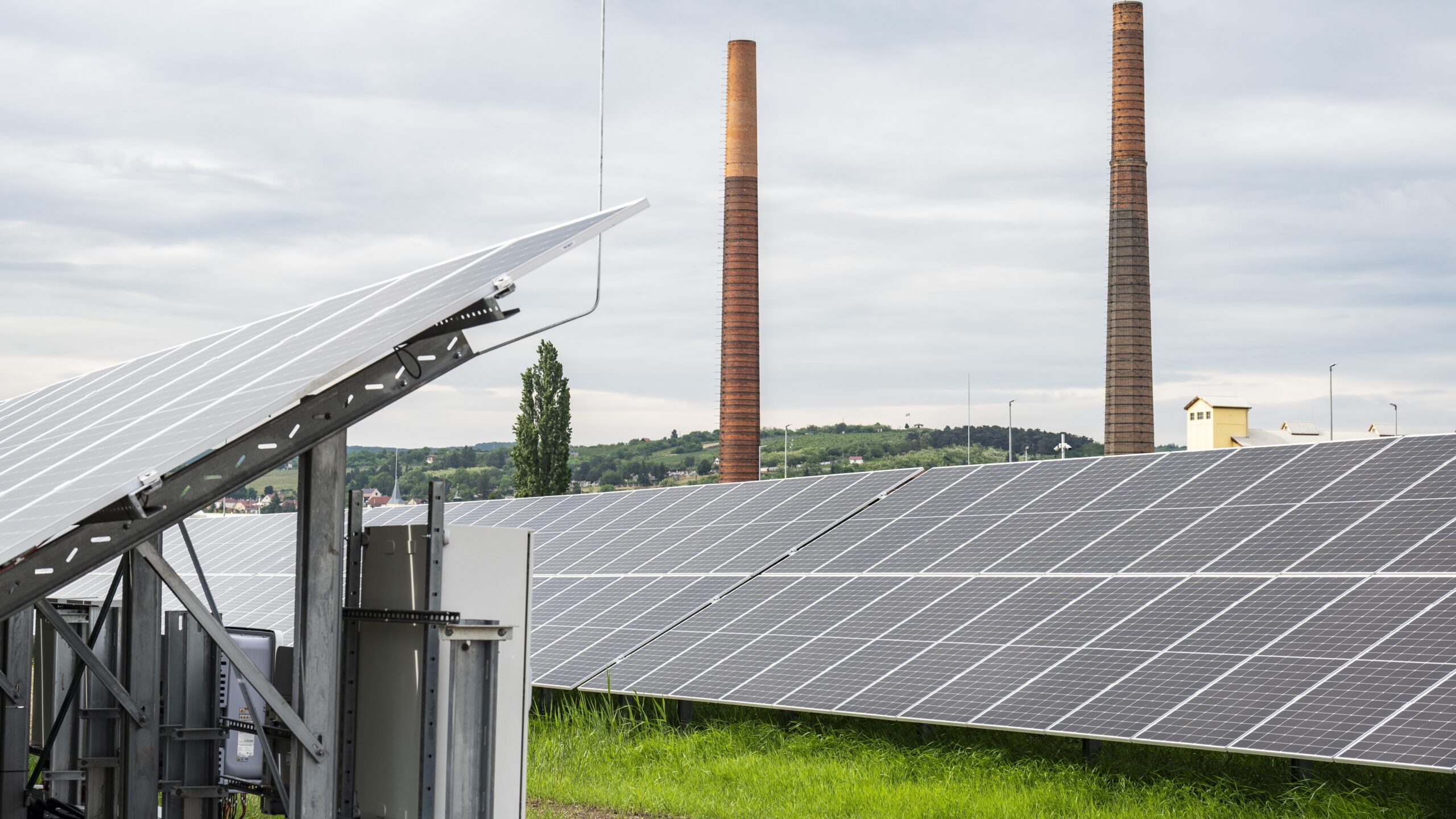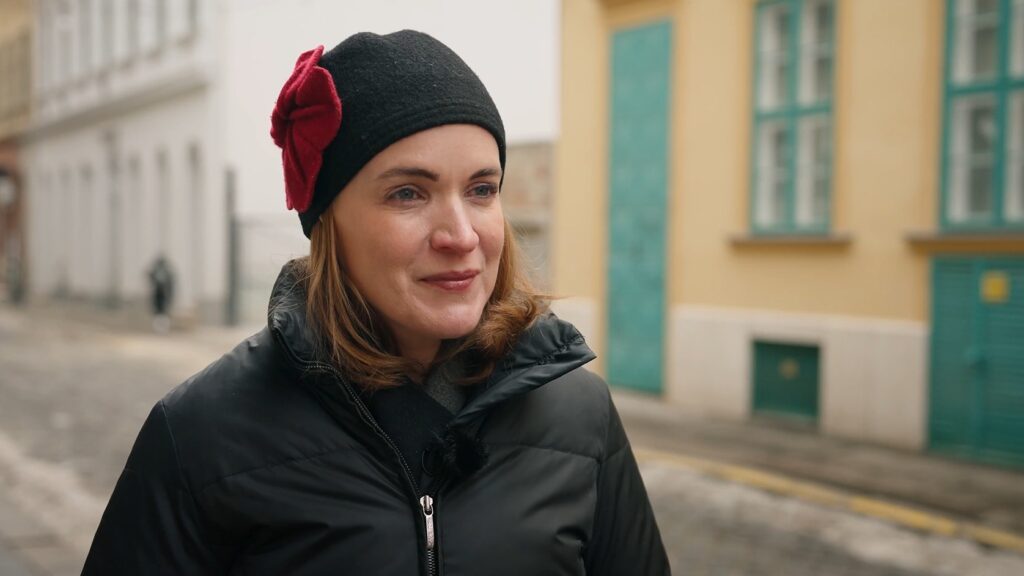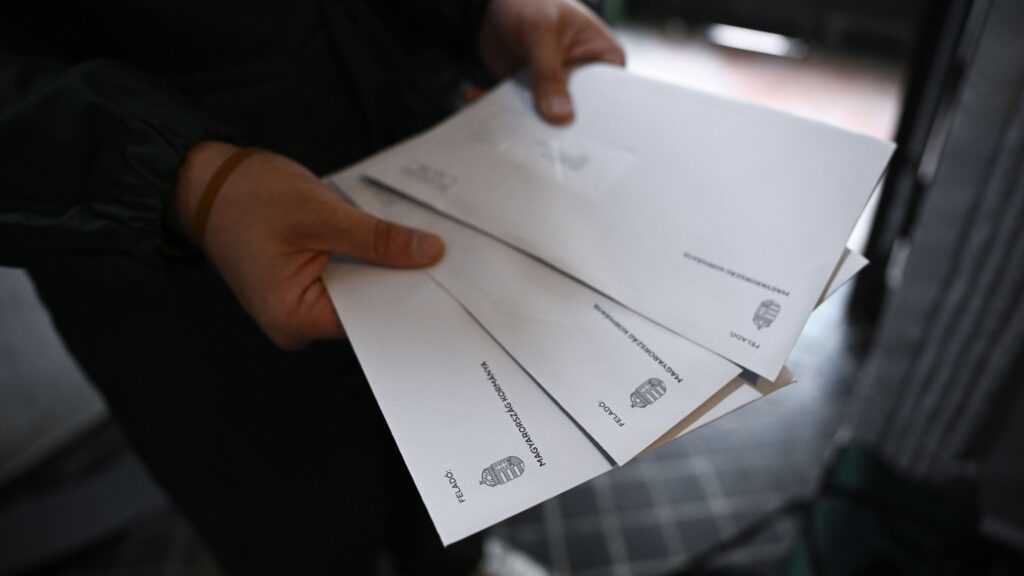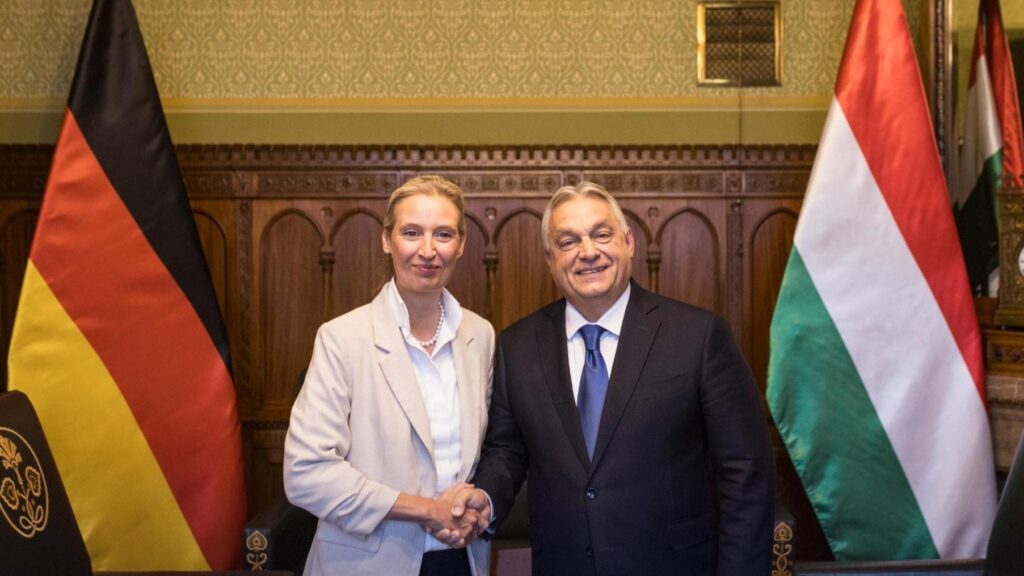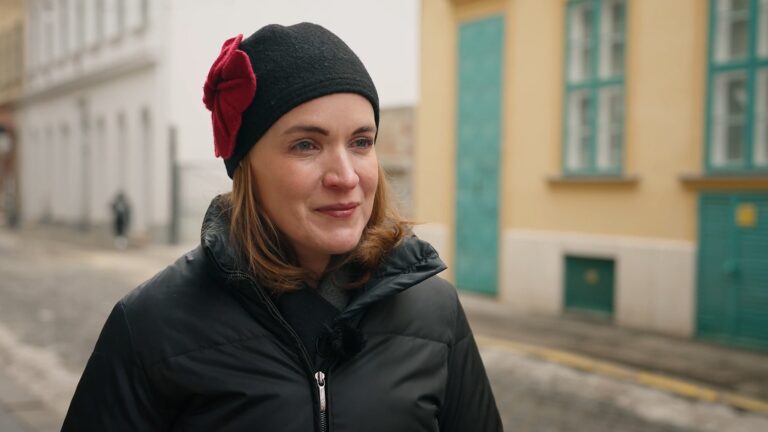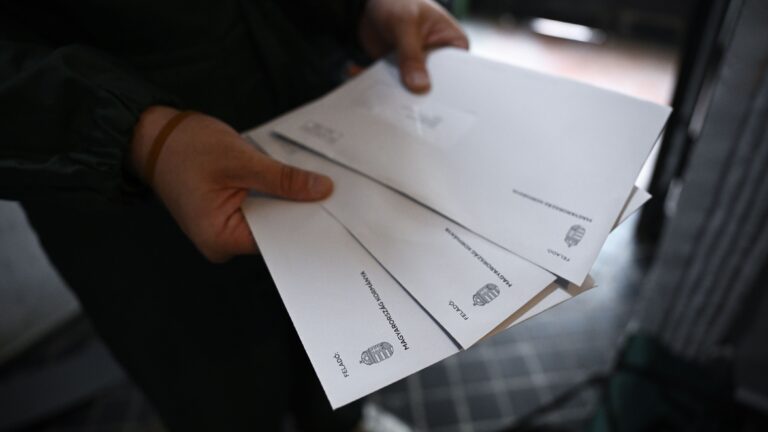Hungary is actively protecting households and businesses from the economic fallout of severed EU–Russia relations, particularly soaring energy prices, through strategic investments in renewable energy and industrial development, Foreign Minister Péter Szijjártó said on Tuesday in Szerencs.
Speaking at the inauguration of a new 1.5-gigawatt solar park built by Nestlé, Szijjártó highlighted that the Swiss-based company’s 730 million forint investment received 330 million forints in state support through Hungary’s Factory Rescue Programme. The solar plant will enable the Szerencs factory to self-supply 30 per cent of its electricity demand. Szijjártó praised Nestlé’s role in the Hungarian economy, emphasizing that the company employs around 3,000 people in the country and sources most of its raw materials from Hungarian farmers. In 2023 alone, Hungarian producers sold over 55 billion forints worth of goods to Nestlé’s global supply chain.
Reflecting on recent years of crisis, Szijjártó criticized the EU’s decision to cut ties with Russia, which he said disrupted Europe’s previous growth model and drastically increased energy costs—undermining European companies’ global competitiveness. In response, the Hungarian government adopted a clear strategy to shield both households and companies from volatile energy markets. He pointed to Hungary’s utility cost reduction policy, stating: ‘Thanks to the achievements of the utility price cut, Hungarian families today pay the lowest energy bills in Europe. As for companies, we protect them by expanding nuclear and solar energy capacities across the country.’
The government also encourages businesses to develop their own renewable energy capacities, helping them to cover part of their energy needs independently. This policy underpins the Factory Rescue Programme, which has provided energy development support to 140 companies, resulting in 390 billion forints in new investments and the safeguarding of 65,000 jobs.
Szijjártó noted that food industry firms have been particularly active in using this support, aligning with the government’s goal to boost local food self-sufficiency. He also underscored Hungary’s close ties with Switzerland, which now ranks as the seventh largest investor in the country. Swiss investments in Hungary have tripled in the past decade, aided by 53 state-supported projects. In regional terms, Borsod–Abaúj–Zemplén county’s industrial output has doubled over the past ten years, reaching 4,500 billion forints in 2023, bolstered by 148 large-scale state-backed investments.
Nestlé’s solar plant in Szerencs, according to the company, not only helps the factory meet its own power needs but also contributes to freeing up green energy capacity on the public grid, supporting the broader sustainability goals of other firms. The Szerencs site has become a regional hub for Nestlé, which has so far invested over 9 billion forints in the area. The factory produces nearly 40,000 tons of coffee and cocoa-based drink powders annually, 90 per cent of which is exported. It employs around 500 workers.
Nestlé has committed to halving its carbon footprint by 2030 and reaching net zero emissions by 2050. Since 2017 all its Hungarian facilities have used electricity exclusively from renewable sources, and since 2022 the Szerencs plant has used fully recyclable packaging.
Related articles:

